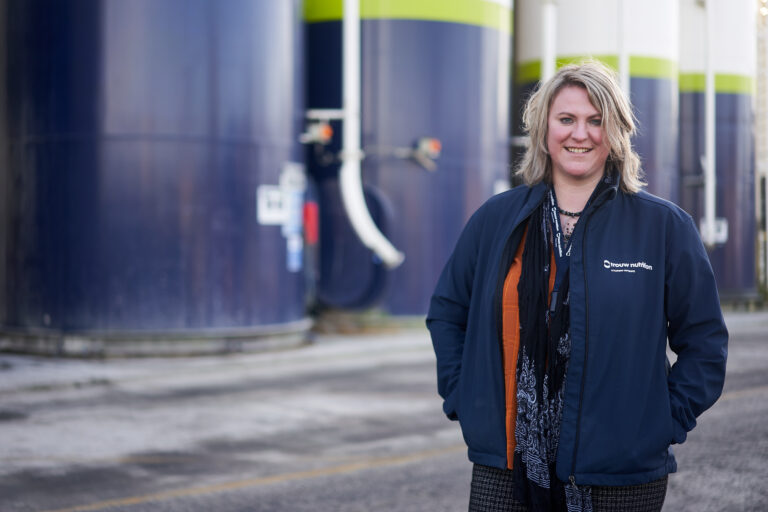An innovative plant-derived feed additive can boost poultry production
The role that plant-derived compounds called phytogenic products can play in sustainable poultry production is generating increased interest as producers look for ways to improve unit efficiencies.
“Phytogenic products were first considered for use in animal nutrition decades ago with the specific objective of finding natural alternatives to the use of antibiotics as growth promoters,” said Pippa Handley, monogastric feed additives product manager at Trouw Nutrition.
Initially interest centred on essential oils with antimicrobial properties which were selected to kill pathogenic bacteria. However, many of these products proved to have little or no antimicrobial effect when fed.
“We now know that phytogenic compounds can play a wider role in pigs and poultry by targeting the host animal rather than the pathogen.
“Plant-derived compounds can act as functional ingredients. They can play a significant role in influencing many functions including metabolism, immunity and nutrient partitioning. All of these can improve both profitability and sustainability.”
Handley said geopolitical events contributing to inflation, raw material volatility and high energy prices mean broiler and layer producers must focus on production efficiency.
The boundaries of animals’ genetic potential have expanded in recent decades, contributing to greatly improved animal performance indicators such as average daily gain and feed conversion ratio (FCR). But despite such advances, the performance of livestock animals today can be up to as much as 40% below their genetic potential.
“Genetics and environment are interdependent. Animal performance on the farm is the result of the interaction between the animal with its environment. Environmental factors that come into play include housing, nutrition, climate, disease challenges, farm management and others. Today’s performance levels suggest that there are incidence of suboptimal environments, and this is where phytogenics can have an impact.”
She explained that as feed additives, phytogenic compounds can influence biological pathways within the animal, particularly in the gut where they can influence immunity and nutrient absorption, which have an effect on animal health and growth rates.
Improving the gut environment is particularly important in broilers, helping improve utilisation of the diet but also reducing inflammation. The gut is one of the most important ways that birds interact with the environment as well as the place where energy and other nutrients have to be digested and absorbed. Improving gut effectiveness therefore has a big impact on FCE and economics of production.
“Chronic inflammation of the gut is a well-known condition in modern broiler production. It impairs nutrient absorption while also diverting nutrients from growth to the immune system.
“A wide range of factors including poor feed quality, feed changes, high stocking densities, mild disease challenges and the intestinal microflora itself can all contribute to gut inflammation. But now research shows that plant-derived compounds can improve the health of the gut wall and reduce the problem.
“They do this by acting on specific receptors in the gut to reduce inflammation and optimise the nutrients available for growth. It is now believed that antibiotic growth promoters had a role in reducing inflammation and immune stress rather than a direct antibiotic effect.
“In trials, feeding a blend of phytogenic compounds resulted in a 4% increase in feed conversion ratio. This would have a significant financial impact in commercial flocks.
“The graphs show results from research into the effect of phytogenic inclusion in broiler diets on body weight (BW) and feed conversion ratio (FCR). The results compare to a negative control, which means the group of ‘control’ broilers did not receive any treatment. Each dot is a comparison between the treated and control broilers in 11 individual studies. The trials show a significant improvement in BW and FCR through using phytogenic compounds.”
Handley said phytogenic compounds have the potential to help address many of the classical challenges in poultry production. They offer a way to consider the perennial problem of environmental conditions preventing birds from achieving their potential.
“With further research phytogenics is set to be a major contributor of efficiency and profitability on broiler and layer farms, supporting efficient production.”


